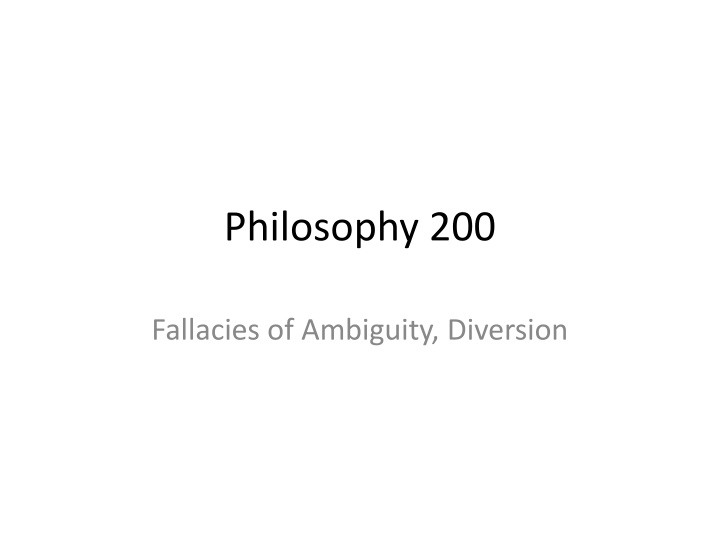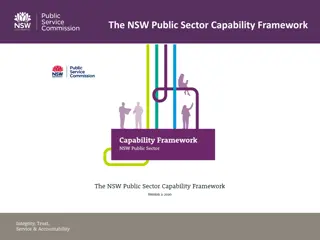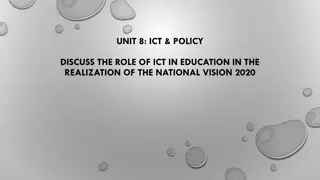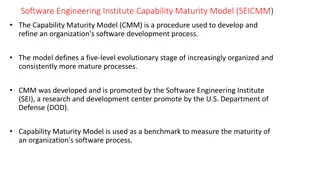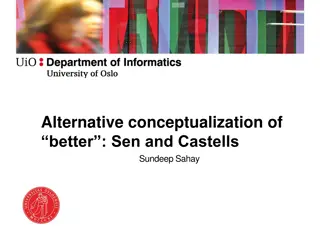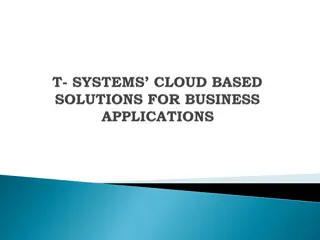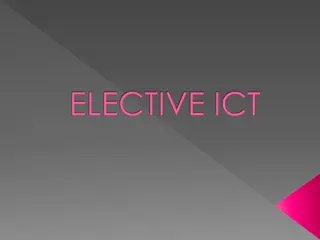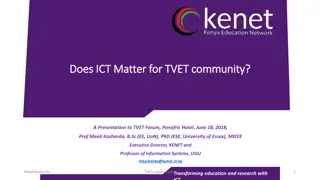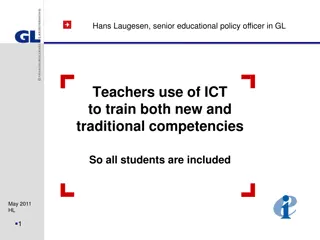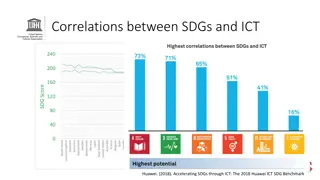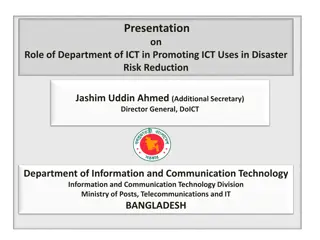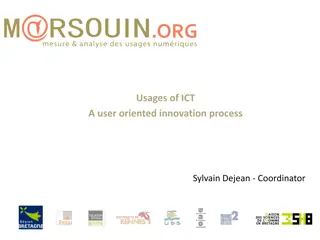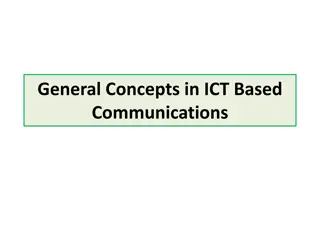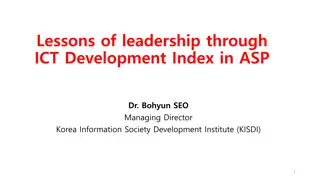ICT Occupation Capability Framework Overview
The ICT Occupation Specific Capability Set, part of the Skills Framework for the Information Age (SFIA), is designed to be used in conjunction with the NSW Public Sector Capability Framework. This framework supports various workforce management activities including recruitment, performance development, and strategic planning. The Capability Framework applies to all public sector roles and emphasizes core knowledge, skills, and abilities required across different levels. It also allows for profession-specific capability sets and does not associate capability levels with job classifications or grades.
Download Presentation

Please find below an Image/Link to download the presentation.
The content on the website is provided AS IS for your information and personal use only. It may not be sold, licensed, or shared on other websites without obtaining consent from the author.If you encounter any issues during the download, it is possible that the publisher has removed the file from their server.
You are allowed to download the files provided on this website for personal or commercial use, subject to the condition that they are used lawfully. All files are the property of their respective owners.
The content on the website is provided AS IS for your information and personal use only. It may not be sold, licensed, or shared on other websites without obtaining consent from the author.
E N D
Presentation Transcript
Philosophy 200 Fallacies of Ambiguity, Diversion
Equivocation Equivocation relies on the use of an ambiguous word or phrase that is taken to mean something different in each use.
Equivocation John Stuart Mill: The surest proof that something is desirable is that it is desired. People desire pleasure, so pleasure is desirable.
Equivocation John Stuart Mill: The surest proof that something is desirable is that it is desired. People desire pleasure, so pleasure is desirable. Desirable: Able to be desired
Equivocation John Stuart Mill: The surest proof that something is desirable is that it is desired. People desire pleasure, so pleasure is desirable. Desirable: Able to be desired Desirable: Worthy of being desired
Amphiboly This is usually unintentional, though very clever persons can use amphiboly to their advantage. Amphiboly is creating an intentionally ambiguous statement in a way that the intended meaning is not the likely interpretation.
Amphiboly Nobody would be a better employee
Amphiboly Nobody would be a better employee You ll be lucky to get her to work for you
Amphiboly Nobody would be a better employee You ll be lucky to get her to work for you Every hour with him is a happy hour
Composition/Division Parts of wholes do not always share features of wholes (composition) Wholes do not always share features of their parts (division)
Attacking Straw Men It is vitally important when arguing with someone to ascertain exactly what their position really is. You can t refute what you don t understand. Attacking a straw man is attacking a version of someone s arguments that they do not in fact hold.
Red Herrings The origin of this phrase is obscure, often, smokescreen works better
Red Herrings The origin of this phrase is obscure, often, smokescreen works better It means to bring up irrelevant issues that distract from the main issue.
Red Herrings The origin of this phrase is obscure, often, smokescreen works better It means to bring up irrelevant issues that distract from the main issue. It is more an abusive rhetorical tactic than a fallacy.
